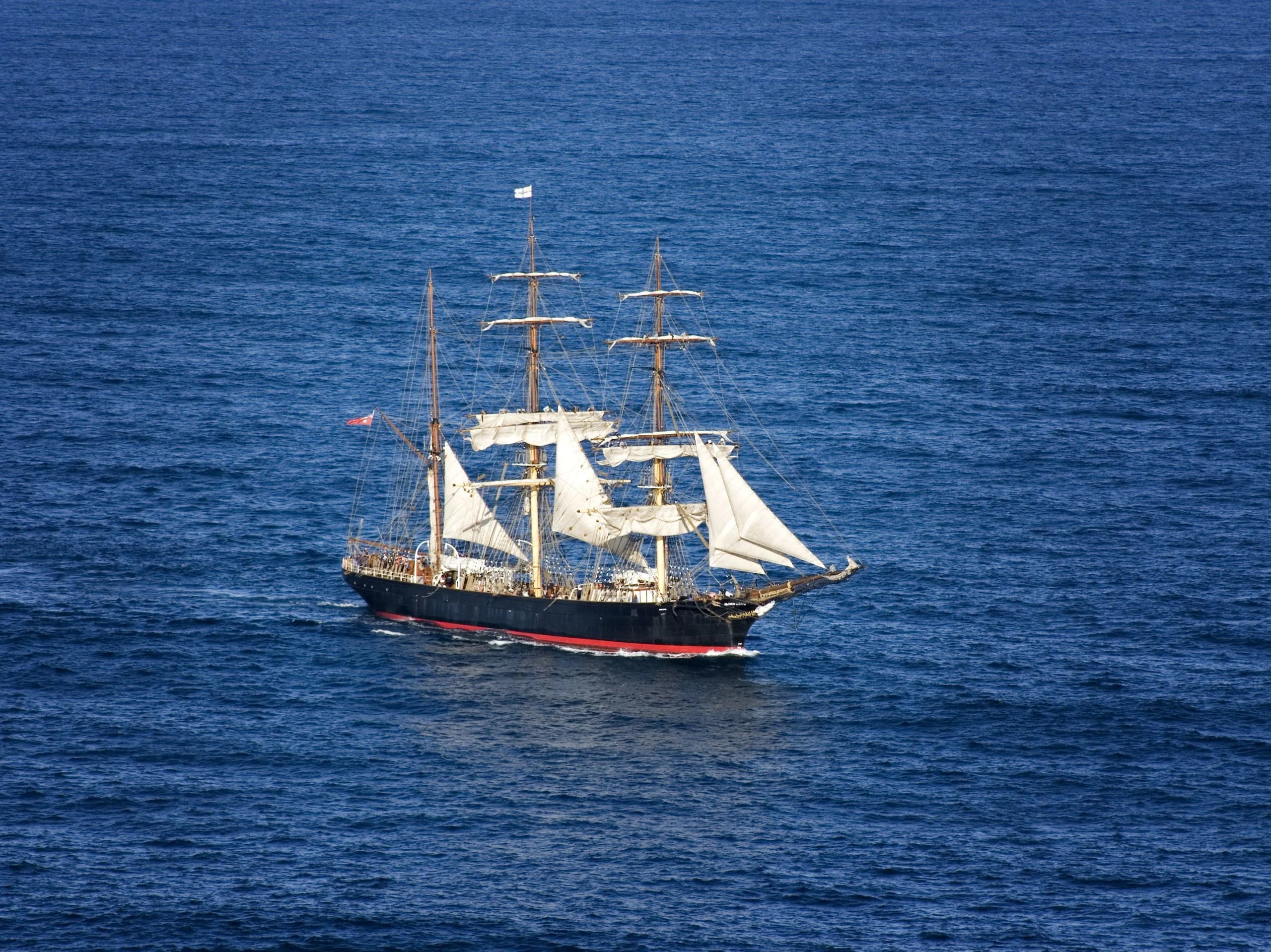James Cook sailed with the intent to help further the reach of science and expand the empire built by Britain. Cook might be the most accomplished sailor to walk the earth but he has left behind a legacy that is a little difficult to decipher.
The childhood James Cook lived as the son of a farmer did not seem as if it would one day lead to adventure and fame. However, as fate would have it, Cook embarked on a voyage to Tahiti with the intent to measure a celestial event and soon found himself on a collision course with destiny.
By the time James Cook died on an island that would later become Hawaii, he had traveled more distance by water than any man before him and discovered the country of New Zealand.
The Farmer’s Son
James Cook was born in 1827 on October 27 in England’s Yorkshire countryside. Cook’s father was a farmhand who rose to the position of overseer and it seemed as if a similar fate belonged to his son.
The England Cook grew up in did not allow for much upward mobility through the social classes. In short, the son of a laborer was expected to toil away in the same fashion. Cook was fortunate to find the opportunity to experience secondary education.
Cook demonstrated an early aptitude for math that opened the door for him to apprentice with a local shopkeeper. This was a bit of an accomplishment for the time but it still left Cook feeling a bit discontent. The apprenticeship was in a seaside village by the name of Staithe and this ended up being the introduction Cook would receive in the life of a seafarer.
Cook joined the merchant marines a year and a half later and his ability to understand math provided him with the opportunity to train in higher mathematics, navigation, and astronomy. His determination led to Cook earning a position as a mate in 1752.
Naval Career
James Cook was 26 years old in 1755 when he enlisted in the Royal Navy. The enlistment placed Cook in a position beneath boys as young as 14 and seemed a bit strange at the time. Cook had also joined up for a life that was generally considered much tougher to live than the one he was enjoying as a merchant seaman.
Cook proved he was different, however, and he was promoted to boatswain within a year. Two years later, James Cook was the captain of a ship of his own.
The accomplishments for Cook piled up fast and he was credited with helping the British government properly scale the solar system, helping to conquer scurvy, leading the search for the “lost continent” and becoming the first ship’s captain to sail the Antarctic Sea.
Cook happened upon an island that is now part of Hawaii in January of 1778. He returned in February of the next year to explore the island more thoroughly. Historians do not agree on what happened next but Cook and four marines were killed by angry Hawaiians.
Cook’s place in history is one of the most accomplished sailors in the history of the world. For better or worse, he brought countless world inhabitants in contact with Europe for the first time. Some historians view the work Cook did to increase British territory heroic while others view him as a colonial invader who conveniently ‘discovered’ lands that already possessed inhabitants. In any event, there is no other sailor that can match the accomplishments of Captain James Cook.




